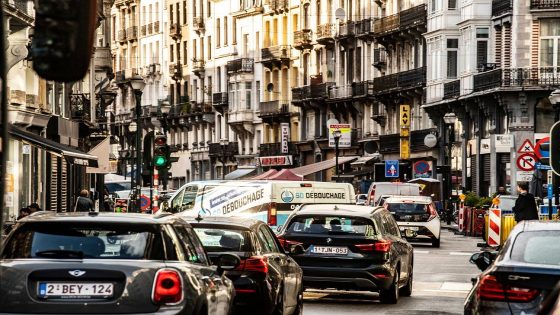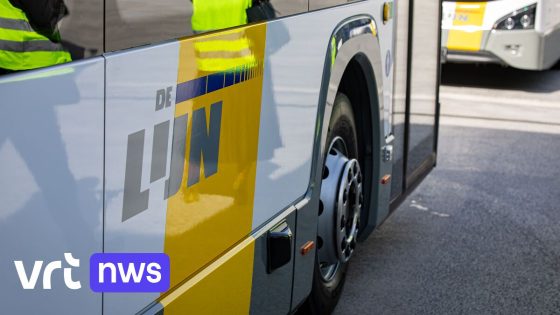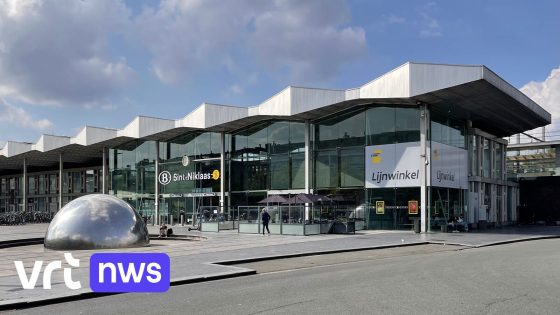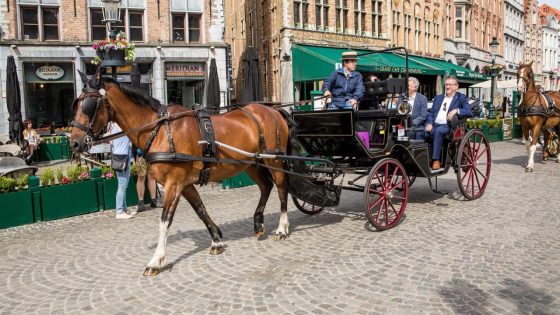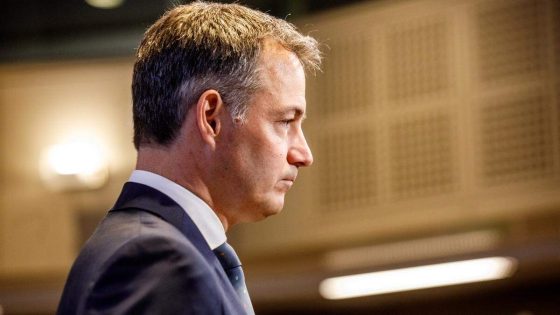The low-emission zone (LEZ) in Brussels aims to improve air quality by banning polluting vehicles from the city. However, on 2025-05-21 07:03:00, a parliamentary decision postponed stricter rules that would have banned Euro 5 diesel and Euro 2 petrol cars until 2027 instead of 2025.
- Brussels delays stricter low-emission zone rules
- Environmental groups challenge postponement legally
- Council of State questions delay's justification
- Delay risks harming vulnerable residents' health
- Legal arguments cite standstill and non-discrimination
- Activists urge renewed focus on air quality
This two-year delay has sparked protests from environmental, cycling, and social organizations, raising concerns about its impact on public health. The delay particularly affects vulnerable residents living in narrow “canyon streets” where pollution tends to get trapped.
With the controversy growing, several groups are now challenging the postponement in Belgium’s Constitutional Court, hoping to keep air quality improvements on track. So, what does this mean for Brussels’ fight against pollution?
Is delaying the LEZ upgrade a justified compromise or a setback for public health? Critics argue the government failed to properly explain the reasons for postponement or how it will still meet air quality goals. Key points include:
- The “standstill principle” demands solid reasons before rolling back environmental progress.
- Delaying disproportionately harms residents in pollution-trapped neighborhoods.
- Legal action highlights the tension between political decisions and citizens’ right to a healthy environment.
- Future LEZ milestones remain unchanged, focusing the dispute on this specific delay.
As the case moves forward, Brussels authorities and citizens alike must ask: How can progress toward cleaner air be ensured without compromising vulnerable groups? The outcome may set important precedents for urban environmental policies across Belgium.



